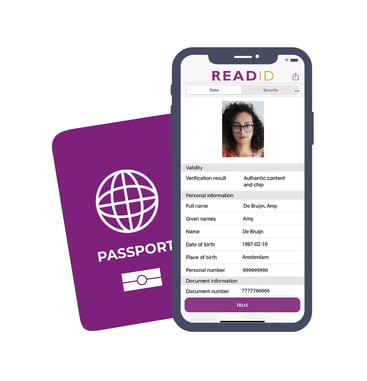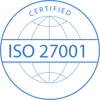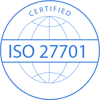As the event season remains in full swing, its difficult to pause for breath sometimes and reflect on one event before mixing it with the next.
So ahead of the World Aviation Festival this week, I would like to share a personal reflection on the ICAO TRIP Symposium, which also included this year the Joint ICAO/Interpol Biometrics Forum.
Presentational highlights from ICAO TRIP
A stand out for me was the presentation by Patrick Grother, from the National Institute of Standards and Technology (NIST) on the State of the Art and Morph Detection in regards to Face Recognition. In addition to explaining the publicised revisions being made to the long-standing Face Recognition Vendor Tests (FRVT), his presentation perfectly summarised the huge leaps in facial recognition capability whilst highlighting the current and future risks posed by morph detection. Whilst not dismissing the need for secure photo generation at source it also showed the efforts and results that private companies are making to detect morphs. Recently I was part of a webinar with Facial Verification provider iProov to discuss Synthetic Identity Fraud and how best organisations can defend against it.
Honorary mentions must also go to Rajesh Rajeshkumar for both his ICAO TRIP Award of Excellence as well as presentation updates on the ICAO Doc 9303 standard and his 9 Myths of ePassport Validation, which we plan to dive into over the coming quarter in more detailed blogs. Also the insight into Seychelles Digital Border Strategy, from Alan Renaud, was welcomed as it clearly demonstrated the value of an overriding digital policy for the border that drives focused digital investment decisions, without seeking glory of ‘marketing’ trials.
Karine Boulet Gaudreault eloquently presented the challenges that airlines face with non-standardised eVisas and indeed touched on a growing complexity of all documentation that is required to be verified before travel. Clearly this is an area where our automation can significantly reduce that burden. Outside of direct relevance to our work at Inverid, but no less worthy in terms of learning, subjects such as the sovereignty driven design of passports and the use of biometrics in crime scene investigations and disaster victim identification was, to say the least, enlightening.
I take much from the remainder of presentations and panel debates, including passport issuance best practice and ongoing Digital Travel Credential (DTC) trials, with me as we head to Lisbon this week and look forward to meeting anyone and everyone at the Festival. If you want to learn more about how we at Inverid are helping the Travel and Borders community keep up to date with the latest legislation changes and technological developments, we have many blog posts available on these subjects. We provide insight into the European Commission's Schengen Innovative Technologies Conference, a post to help you decode the confusion around Digital Travel Credential offerings, and keep you updated on the changes to Advance Passenger Information collection legislation. Consider subscribing to our newsletter for the latest developments in identity verification and how it can benefit the Travel and Borders community.










